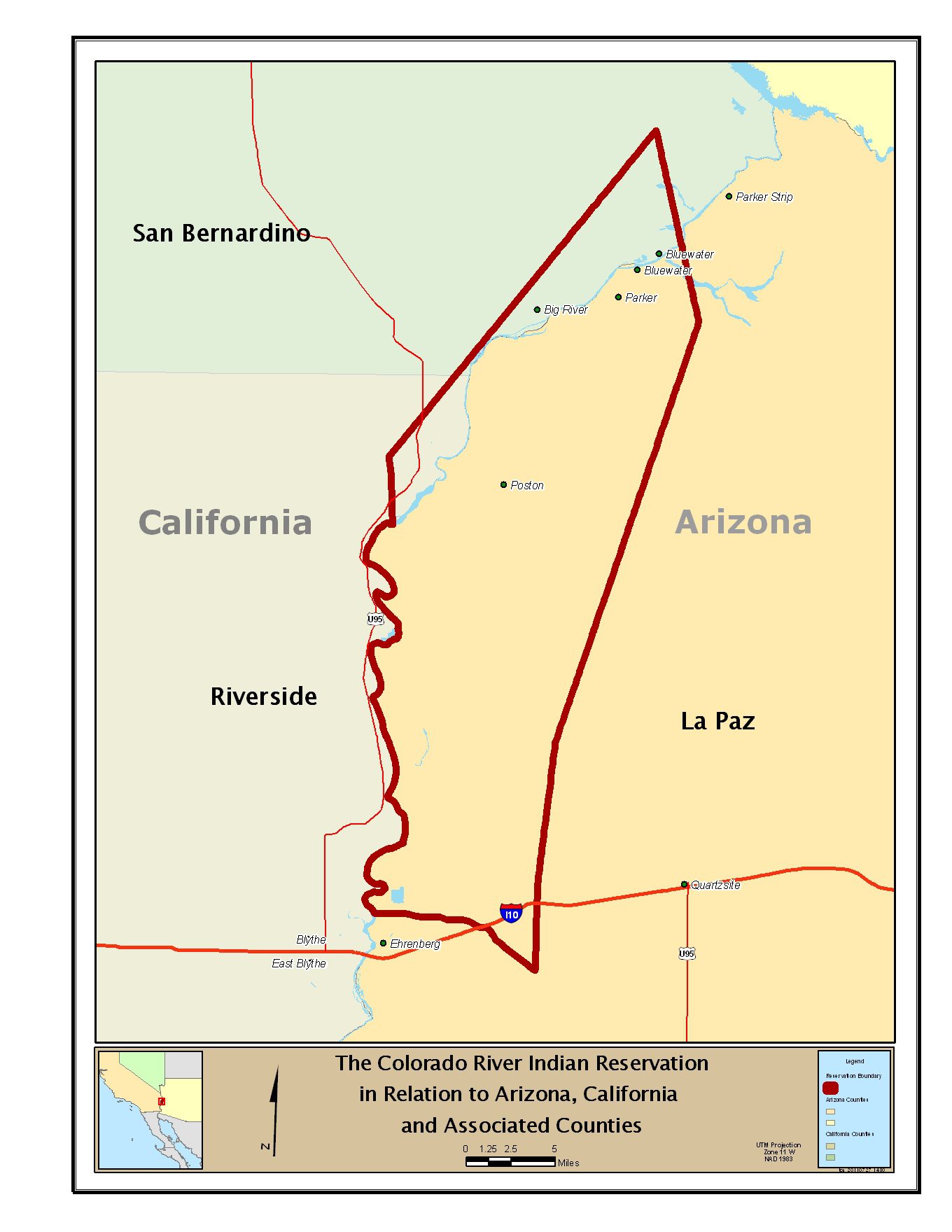- The Colorado River Indian Tribes (CRIT) secured the right to lease, exchange, or store a portion of their water rights.
- This historic agreement strengthens tribal sovereignty and water management capabilities.
- The deal stems from the Colorado River Indian Tribes Water Resiliency Act of 2022.
- The agreement is a result of negotiations between CRIT, the state of Arizona, and other water users.
May 1, 2024 — Leadership from the U.S. Department of the Interior and the Bureau of Reclamation last Friday visited the Colorado River Indian Tribes (CRIT) to celebrate a groundbreaking water rights agreement . This agreement, made possible by the Colorado River Indian Tribes Water Resiliency Act of 2022
. This agreement, made possible by the Colorado River Indian Tribes Water Resiliency Act of 2022 , marks the first time the tribes can independently lease, exchange, or store portions of their Colorado River water entitlement in Arizona. This is a pivotal moment for tribal sovereignty and self-determination.
, marks the first time the tribes can independently lease, exchange, or store portions of their Colorado River water entitlement in Arizona. This is a pivotal moment for tribal sovereignty and self-determination.
The visit highlights the Biden Administration’s commitment to bolstering resources for Indian Country. The President’s Investing in America agenda provides significant funding to advance water rights settlements, benefiting both tribes and neighboring communities.
The Colorado River Indian Tribes consist of four tribes: the Mohave, Chemehuevi, Hopi, and Navajo. They have inhabited the lands around the Colorado River, their central lifeline, for centuries. The reservation spans both Arizona and California, encompassing almost 300,000 acres.
CRIT has historically relied on agriculture, but its economy has recently diversified into various sectors. This includes sand and gravel, real estate, retail, and a growing tourism industry focused around the BlueWater Resort and Casino.
Image Credit:
Location Map of the Colorado River’s Indian Reservation areas in Arizona and California. Available under the Creative Commons CC0 1.0 Universal Public Domain Dedication.


Leave a Reply